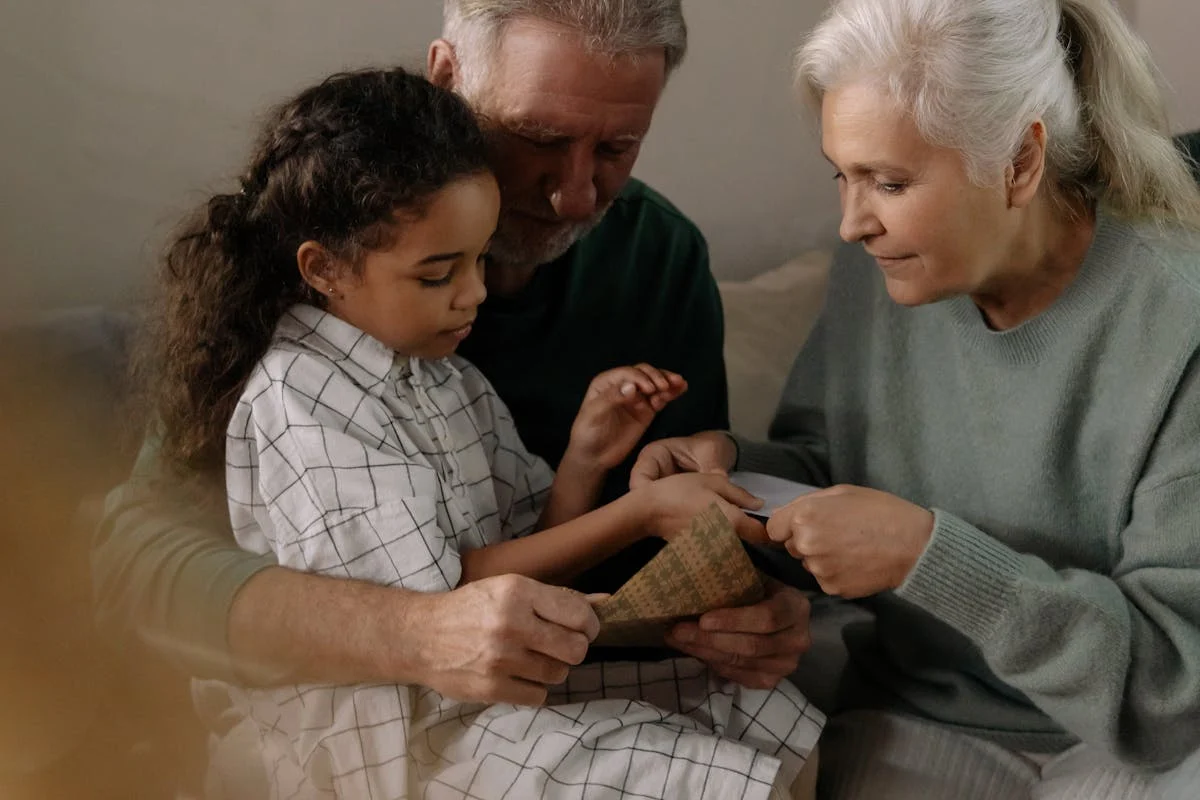In the twilight of our years, we face a pivotal challenge: to redefine our existence beyond the confines of our careers. The common narrative of retirement as a period of decline and isolation is not only outdated but potentially harmful. Instead, we must view this phase as an opportunity for reinvention and social flourishing.
The Power of Social Engagement
Recent research has illuminated the profound impact of social engagement on the well-being of older adults. A study by the Mather Institute found that 69% of older adults who moved to Life Plan Communities reported improved social wellness. This improvement in social connections directly correlates with enhanced health outcomes, both physical and mental.The key to unlocking this potential lies in strategic social participation. It’s not merely about being in the presence of others, but about cultivating meaningful interactions and shared experiences.
Strategies for Social Mastery
- Cultivate Diverse Interests: Engage in a variety of activities to broaden your social circle. From book clubs to gardening groups, each new interest opens doors to new connections.
- Leverage Community Resources: Local parks, recreation departments, and senior centers offer a wealth of programs designed for older adults. These are not just activities, but gateways to social networks.
- Embrace Technology: Online platforms can bridge physical distances. Collaborative games and virtual meet-ups can keep you connected even when mobility is limited.
- Contribute Your Wisdom: Volunteer or mentor. Sharing your life experiences not only benefits others but also reinforces your sense of purpose and value.
- Prioritize Physical Activity: Group exercise classes serve a dual purpose – maintaining health while fostering social bonds.
The Art of Overcoming Isolation
Isolation is the silent enemy of a fulfilling retirement. Recent studies suggest that social isolation is a significant risk factor for dementia in older adults. To combat this:
- Recognize the Signs: Be vigilant of creeping isolation. A shrinking social circle or reluctance to engage in activities are warning signs.
- Create Rituals: Establish regular social engagements. Consistency breeds familiarity and comfort.
- Cultivate Intergenerational Connections: Engage with younger generations. This not only broadens your perspective but also keeps you connected to the evolving world.
The Strategic Approach to Social Engagement
Approach your social life with the same strategic mindset you applied to your career. Each interaction is an opportunity to expand your influence and enrich your life. Remember, in retirement, your most valuable currency is not money, but time and relationships.
By actively engaging in social activities, you’re not just passing time; you’re investing in your cognitive health, emotional well-being, and overall quality of life. The dividends of this investment are immeasurable – reduced risk of cognitive decline, lower mortality rates, and a profound sense of life satisfaction.
In conclusion, retirement is not an end, but a beginning. It’s a chance to craft a social life that reflects your true self, unburdened by professional obligations. Embrace this opportunity with the same vigor and strategy you applied to your career, and watch as your golden years truly begin to shine.
References:
1 Marian Residence (2023)
2 Health & Happiness Home Care (2024)
3 Health & Happiness Home Care (2024)
4 National Center for Biotechnology Information (2020)
5 Johns Hopkins Medicine (2023)



